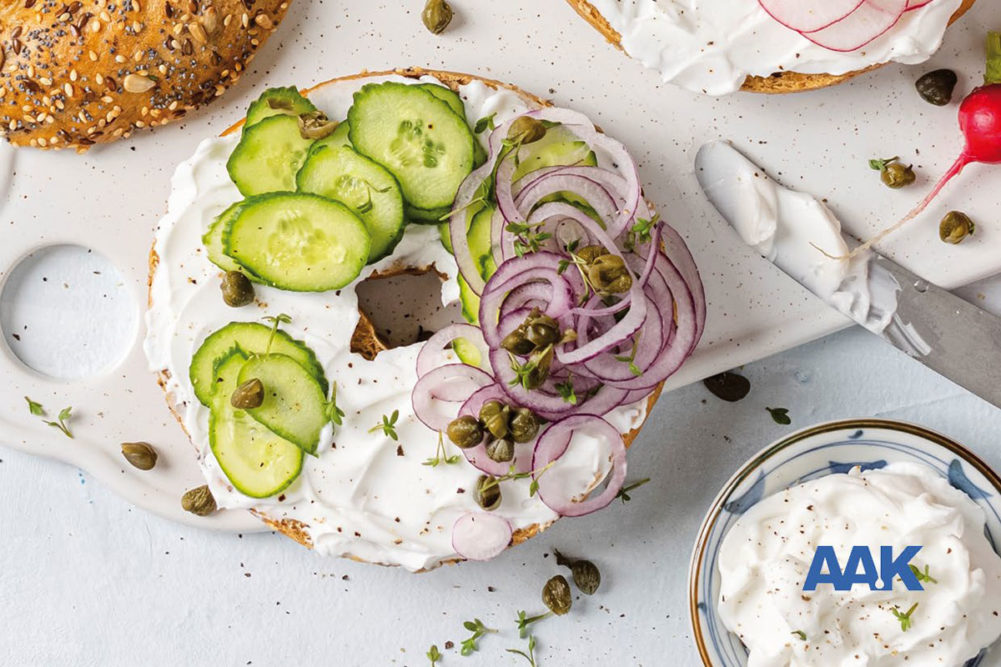MALMÖ, SWEDEN — Volume declined in specialty fat systems for plant-based foods at AAK in the third quarter, driven by a decrease in plant-based meat alternatives. The slowdown began last year, company executives said, but they still see opportunities for growth in the category.
“On the plant-based meat side, I think it goes without saying almost that obviously, the penetration early on was driven by a lot of consumers really wanting to shift away from animal-based food into plant-based food, something better for the environment and so forth,” said Johan Westman, president and chief executive officer, in an Oct. 25 earnings call.
Now sales volume has plateaued, he said.
“The next step is really penetrating the dinner table, lunch table of families, consumers across the globe, where obviously, taste, structure and price, the cost of the product that you buy is very important,” Mr. Westman said.
Tomas Bergendahl, chief financial officer, pointed to a new AAK customer innovation center dedicated to plant-based products that should open next year in Amsterdam.
Rising costs have hurt the plant-based meat alternative category, Mr. Westman added.
“So I think it is a situation now where the high inflationary pressure, it doesn’t help for the consumption of plant-based alternatives, which are typically still more expensive than the other alternatives,” he said.
AAK’s operating profit increased by 28% to SEK 822 million ($75 million) from SEK 642 million in the previous year’s third quarter. Positive currency translation had an impact of SEK 148 million. At fixed foreign exchange rates, operating profit increased by 5%. Volume decreased by 4% to 559,000 tonnes from 583,000 tonnes, primarily because Malmö-based AAK exited Russia. Excluding Russia, volume decreased by 1%.
“We have navigated well through COVID, through inflation, uncertainty and, of course, an ongoing war in Europe,” Mr. Westman said. “AAK is well-positioned to manage risk and to manage opportunities that lay ahead of us. So although we do expect high inflationary pressure and a demanding macroeconomic climate to stay there, to continue, we still stay confident, and we see no reason to adjust our view on the favorable underlying trends that impact our markets.”
Specialty fat systems for plant-based foods belong to the company’s food ingredients division, which had operating profit of SEK 476 million ($43 million), up 23% from SEK 387 million in the previous year’s third quarter. Volume decreased by 4% to 353 million tonnes from 368 million tonnes. Excluding Russia, volume decreased by 3%.
In chocolate and confectionery fats, operating profit increased by 32% to SEK 310 million from SEK 234 million. Volume was up 1%. Excluding Russia, volume was up 11%. In technical products and feed, operating profit increased by 36% to SEK 76 million from SEK 56 million. Volume fell 12% to 73 million tonnes from 83 million tonnes. AAK remains well-positioned to serve the market for ingredients that replace fossil ingredients, according to the company.
Over the first three quarters of the fiscal year, AAK’s operating profit increased by 23% to SEK 1.76 billion ($160 million), from SEK 1.43 billion. Volume dipped 1% to 1.69 million tonnes from 1.70 million tonnes.




